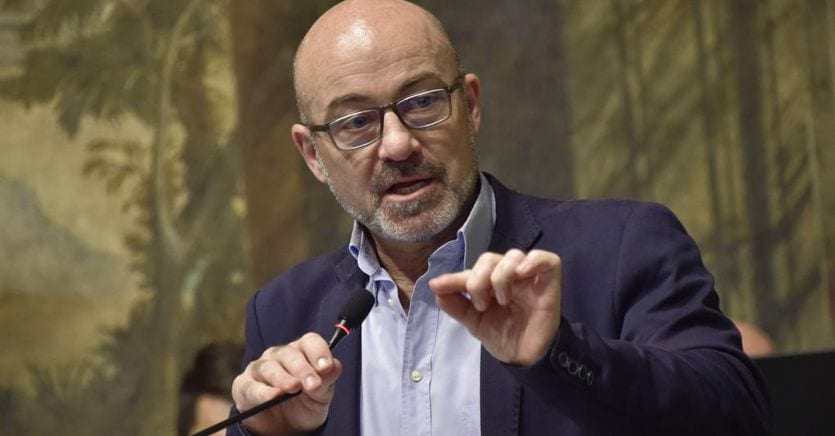The objectives are shared by all, on paper: reduce emissions, combat climate change and lead economies in the ecological transition. The problem is to agree on how and, above all, with what deadlines. The G20 Environment, Climate and Energy, in the pipeline in Naples on 22 and 23 July, starts with the premise of pushing the international community towards “more ambitious goals” of climate policy and preparing the ground for summits such as the United Nations Conference on Change climates of 2021, scheduled in Glasgow in the autumn and co-organized by the United Kingdom and Italy.
The Minister of Ecological Transition, Roberto Cingolani, said in a statement that a “common document” is being worked on for both days and that “there are no alternatives to working in one direction”. The ecological transition “is not a gala dinner”, added Cingolani, referring to the economic and social costs expected from the change of industrial paradigm. Neither do the negotiations taking place between the delegates of the 20 countries seem to be, looking for a synthesis on an agenda that touches at least 15 different “main themes”, from sustainable water management to a “sustainable” recovery from the crisis. Covid.
Loading…
The tug-of-war over the Paris agreements and climate neutrality
On paper, the discussion of the G20 should revolve around the three macro-themes of biodiversity, protection of natural capital and restoration of ecosystems, efficient use of resources and circular economy and “green finance”, a concept that the Italian presidency summarizes in the objective to realign financial flows and sustainable development.
The day of the 22nd will be dedicated to the Environment, that of the 23rd to Energy and Climate, for the first time as a couple at the G20. It is above all the second front to unleash tensions in the club of the richest economies on the planet, split in half between more or less “ambitious” countries. According to what is learned on the eve of the meeting between the ministers of the various countries, the battlegrounds are above all two.
The first disagreement is on the objectives set by the 2015 Paris Agreement and the conclusions set by the Intergovernmental Panel on Climate Change. On the one hand, the member countries of the G7 are pushing for compliance with the Parisian targets, in particular the containment of temperature increases to within 1.5 degrees Celsius compared to pre-industrial levels. On the other hand, a bloc of less “ambitious” economies, which also includes Saudi Arabia, Russia, India and China, disputes the scientific evidence put forward by the IPCC and has no intention of complying with the ceiling.
The second arm wrestling is taking place on the common goal of carbon neutrality by 2050. In this case, the blockade of the “less ambitious” pushes for more general objectives, such as the achievement of “balanced” emissions by the second half of the century in course. But there are those who also oppose the hypothesis of mentioning in the document the gradual elimination of electricity generation from coal and the gradual withdrawal from subsidies to fossil fuels considered inefficient.
